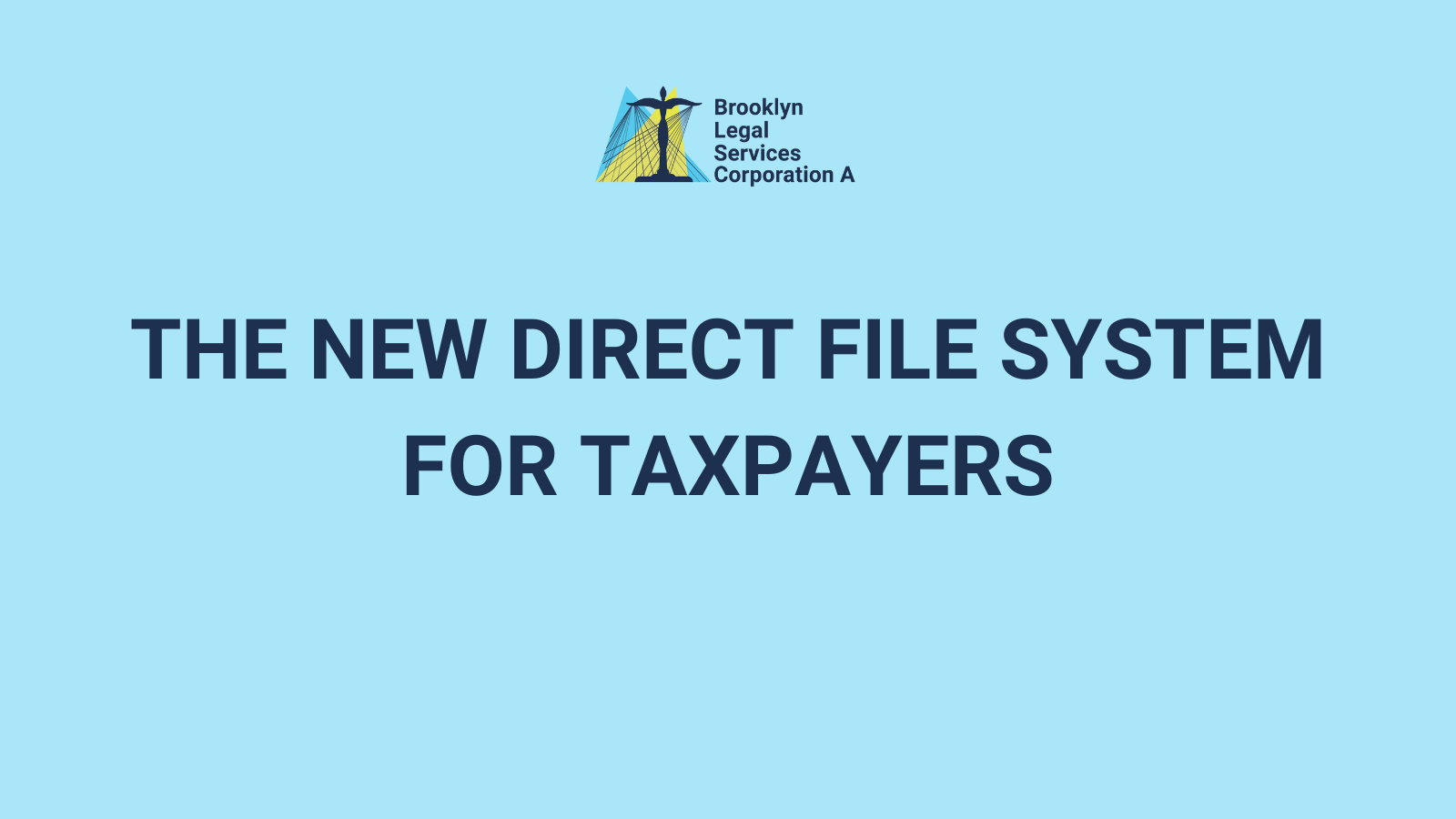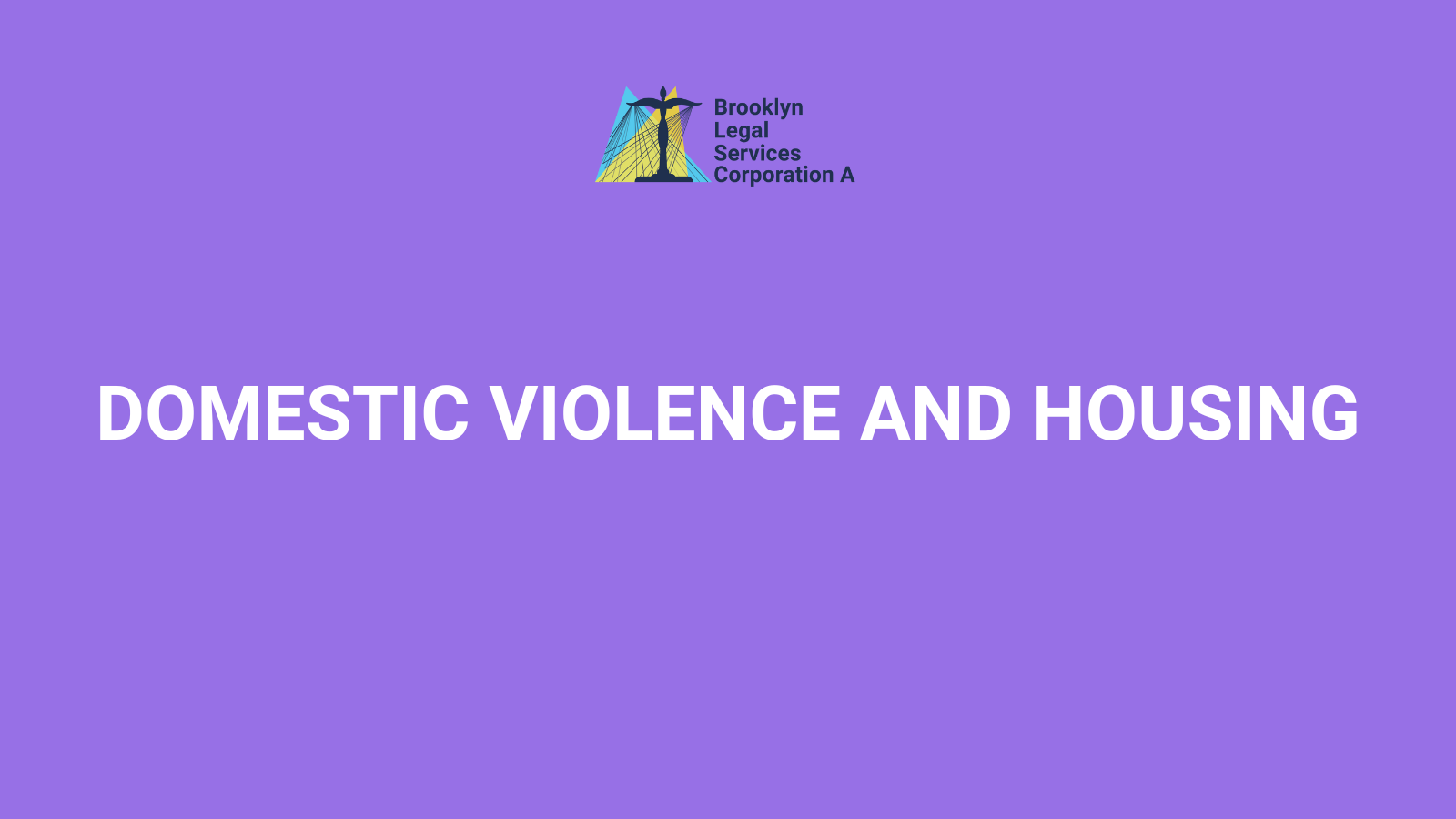By Charles Healy Every year, taxpayers work to have their taxes filed with the IRS…
Money Judgements in Housing Court FAQs
By Jesse Nagin
This information only applies to a housing court case.
Disclaimer: This advice is for informational purposes only and is not legal advice. The information provided here does not constitute an attorney-client relationship.
What is a money judgment?
A money judgment is the final decision made by the judge that determines how much money is owed by either party involved in your housing case. In general, you must pay the judgment amount; however, there are several exceptions (if you only receive government benefits or you earn less than $450/week).
Are there certain forms of income that are exempt from the money judgment?
Yes. There are specific forms of income that are exempt from being collected in the money judgment and may not be collected. The following forms of income are considered exempt from a money judgment: Social Security, Supplemental Security Income (SSI), Public Assistance, Child Support, 90% of your income earned within the last 60 days, Unemployment Benefits, Veterans Benefits, Disability Benefits, Workers Compensation Benefits, Alimony, Railroad Retirement Benefits, Black Lung Benefits, and Pensions.
How is the money collected?
Money can be garnished from your wages depending on the amount you earn (more than $450/week). A levy can be placed on your bank or savings account depending on the amount in your account. A levy cannot be placed if you have less than $3,000 total in all of your accounts. A levy prevents you from withdrawing money from your accounts, which are frozen until you repay the judgment. The money can also be taken through a lien if you own property, land, or a vehicle depending on the value of those items. A lien allows the debtor to collect the proceeds of the sale from those items.
What other exemptions exist from the money judgment collection?
If your bank account only contains exempt income (see above), then no money can be garnished from your bank account. If you earn less than $450/week, then all of your income is exempt, and none of it can be garnished. If you earn more than $450/week, then within the first 60 days of the garnishment judgment, the creditor can only garnish 10%. However, after 60 days, the creditor can garnish 25% of your wages.
Are money judgments and tax liens in public records?
Yes. Although money judgments and tax liens do not appear on your credit report, these judgments can appear in public records. This may impact your ability to qualify for credit because lenders can still search for judgments via public records. This may affect your ability to apply for a future loan.
Is a money judgment the same as a stipulation of settlement?
No. The judge orders a money judgment in your case. A settlement agreement (sometimes known as a stipulation of settlement) is an agreement signed by you and the opposing attorney. You have the right to decide whether you sign the stipulation agreement unless the judge orders you to sign the stipulation. The outcome of the stipulation might appear in public records, depending on the wording of the stipulation. However, the stipulation will not appear on a credit report. Speak with your attorney about your options, especially if you only receive exempt income.
Can debt collectors harass you?
Debt collectors may not harass, threaten, or intimidate you. They cannot call you between 9pm to 8am. Debt collectors also cannot call you more than 7 times within a 7-day period. If you believe that a debt collection agency is harassing you, you may call 311 or the NYS Attorney General at 800-771-7755 to report the harassment.



